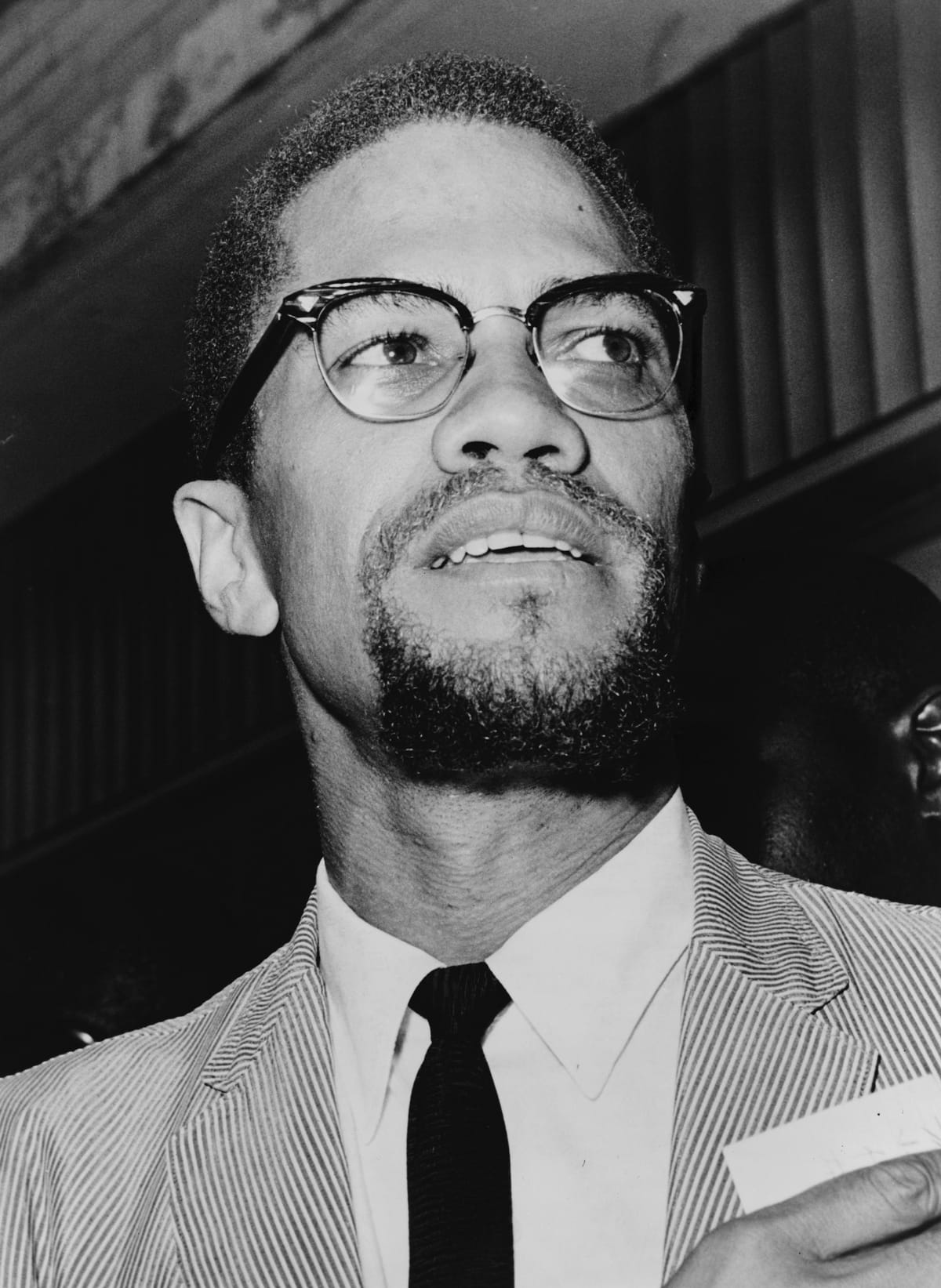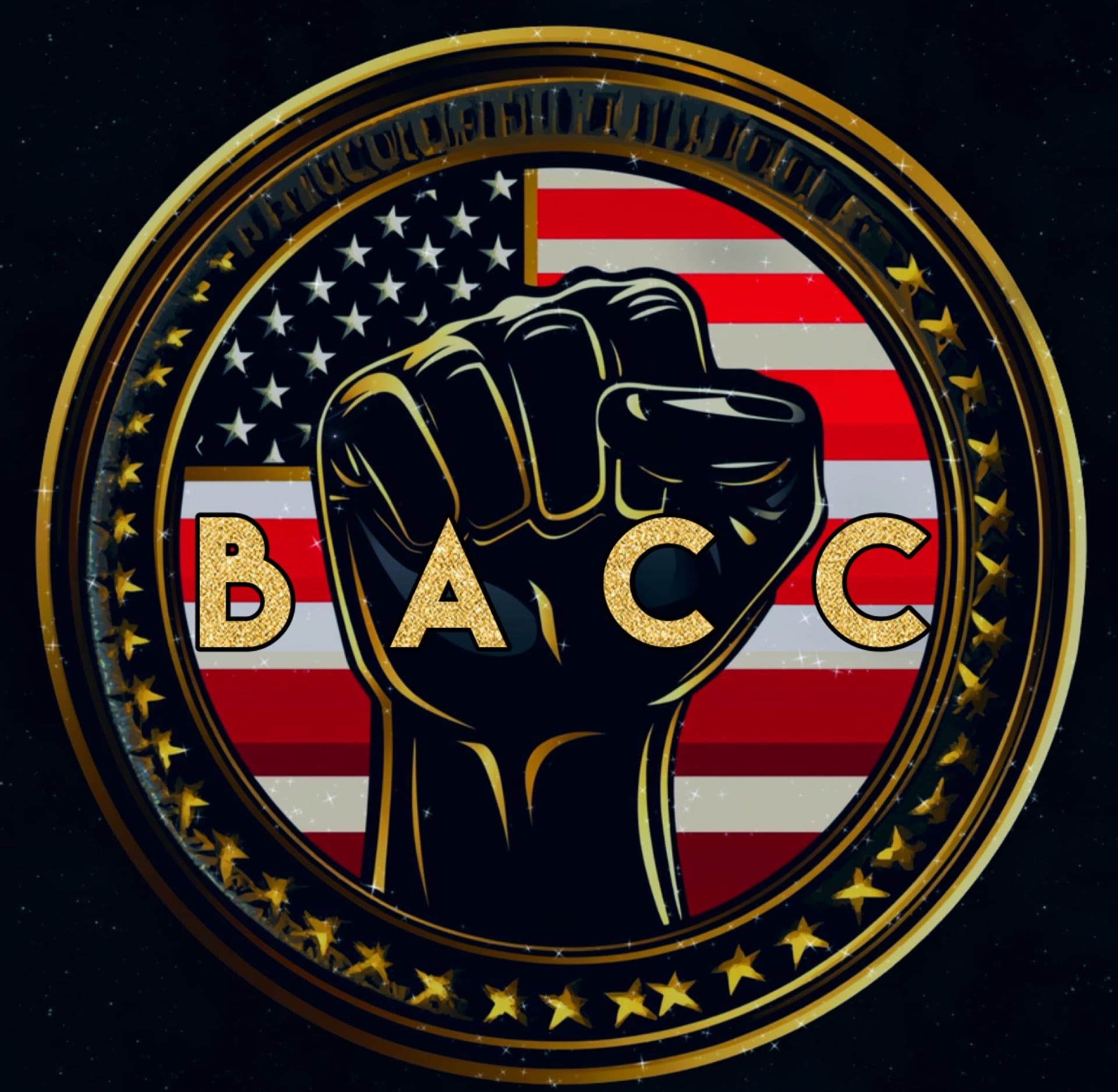The Black American Struggle for Equality and Justice

The fight for equality and justice has been a defining struggle for Black Americans since the earliest days of the United States. From the horrors of slavery to the Jim Crow era, and continuing through the Civil Rights Movement and into modern-day battles against systemic racism, Black Americans have persevered in their pursuit of fairness and dignity. This ongoing fight has been met with both fierce opposition and inspiring triumphs, as Black Americans have continuously pushed against oppressive institutions while advocating for reparations, social programming, and policy reforms that address systemic injustices.
The Case for Reparations
Reparations for Black Americans remain one of the most significant and long-debated topics in American history. The legacy of slavery, followed by centuries of systemic discrimination, economic exclusion, and racial terrorism, has left Black Americans at a substantial economic disadvantage. Despite promises such as "40 acres and a mule" after the Civil War, Black Americans never received the restitution necessary to rebuild their lives after centuries of forced labor and stolen wealth.
Advocates for reparations argue that compensation is essential to addressing the racial wealth gap, which persists due to discriminatory policies such as redlining, racial covenants, and employment discrimination. Prominent scholars and activists, including Dr. William A. Darity Jr. and Ta-Nehisi Coates, have provided detailed frameworks for reparations, emphasizing direct payments, education funding, and investment in Black-owned businesses as necessary steps toward economic justice. While some local initiatives, such as those in Evanston, Illinois, have begun implementing small-scale reparations programs, a national commitment remains elusive.
Social Programming and Economic Empowerment
Social programs designed to uplift Black communities have long been a critical demand of Black American activists. Policies such as affirmative action, fair housing initiatives, and investment in Black education have helped mitigate some of the historical injustices imposed on Black Americans. However, the fight for comprehensive social programming continues, as Black communities still face disparities in wealth, healthcare, and educational opportunities.
Historically Black colleges and universities (HBCUs) have played a crucial role in providing higher education opportunities for Black Americans, producing some of the most influential leaders in American history. Yet, HBCUs have often been underfunded compared to predominantly white institutions. Calls for increased federal and state funding for HBCUs, as well as programs aimed at reducing student debt for Black students, remain central to the push for economic mobility.
Access to homeownership, a key driver of generational wealth, has also been hindered by discriminatory lending practices. Black Americans were systematically excluded from programs such as the GI Bill, which allowed many white families to build wealth through homeownership. Addressing these disparities through targeted homeownership assistance and economic development programs is essential to achieving economic justice.
Systemic Policies and Institutional Barriers
Black Americans have long faced systemic barriers designed to suppress their progress and maintain racial hierarchies. From the legal codification of slavery to the Black Codes, Jim Crow laws, and the war on drugs, institutions have consistently been used as tools of oppression. Even after the landmark victories of the Civil Rights Movement, new forms of systemic racism emerged to replace old ones.
The criminal justice system has been one of the most damaging institutions in Black American life. Disproportionate policing, sentencing disparities, and mass incarceration have devastated Black families and communities. Policies such as mandatory minimums and the three-strikes law disproportionately targeted Black Americans, leading to a cycle of incarceration that continues today. Activists and organizations such as Bryan Stevenson’s Equal Justice Initiative and Michelle Alexander, author of The New Jim Crow, have worked to expose and dismantle these policies, advocating for criminal justice reform, sentencing equity, and prison abolition.
Healthcare inequities have also played a major role in systemic oppression. Black Americans experience higher rates of maternal mortality, chronic illness, and limited access to quality healthcare. Structural racism in the medical field has resulted in medical bias, inadequate treatment, and a lack of research on conditions disproportionately affecting Black populations. Expanding healthcare access, increasing representation in the medical field, and addressing medical discrimination are necessary steps toward rectifying these injustices.
Black American Leaders Who Have Led the Fight
Throughout history, Black Americans have fought relentlessly against these systemic injustices, leading movements that have reshaped the nation. Frederick Douglass, Harriet Tubman, and Sojourner Truth fought for abolition and Black liberation. W.E.B. Du Bois and Ida B. Wells challenged white supremacy and advocated for economic independence.
The Civil Rights Movement of the 1950s and 1960s saw figures such as Dr. Martin Luther King Jr., Malcolm X, Fannie Lou Hamer, and Ella Baker organize against segregation, voter suppression, and racial violence. Their efforts led to major legislative victories, including the Civil Rights Act of 1964 and the Voting Rights Act of 1965.
Conclusion
The struggle for equality and justice is an ongoing battle for Black Americans. While progress has been made, systemic oppression, economic disparity, and racial injustice remain deeply ingrained in American society. The call for reparations, social programming, and the dismantling of oppressive institutions continues to be a vital part of the movement for Black liberation. As we reflect on history and the leaders who have fought tirelessly for justice, it is imperative to remain committed to the ongoing fight for true equality and systemic change. The resilience, strength, and contributions of Black Americans have shaped the nation, and their fight for justice will continue to define its future.
